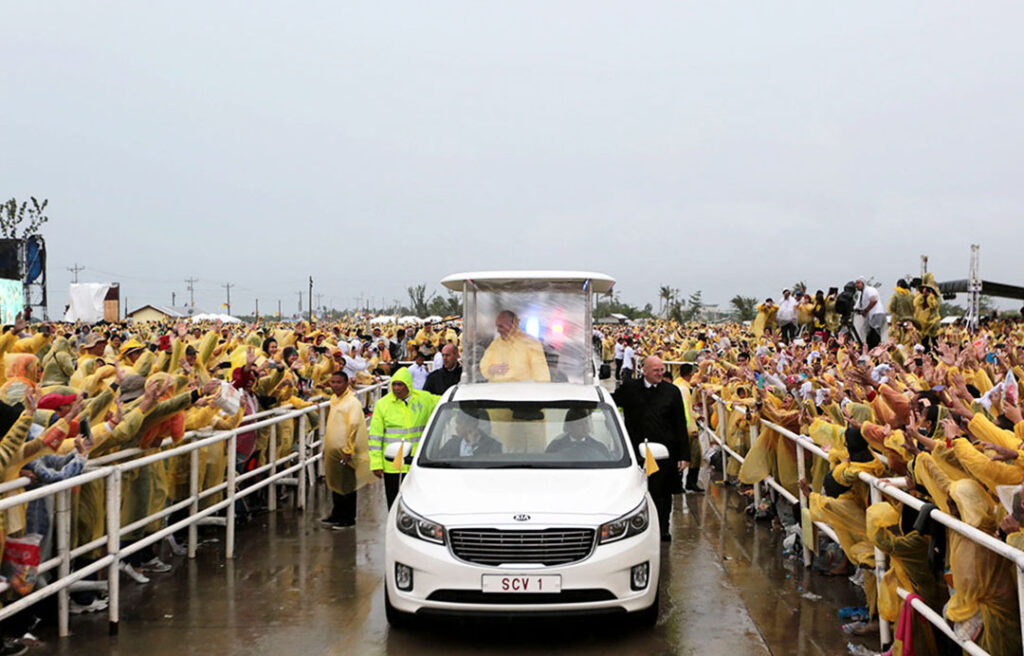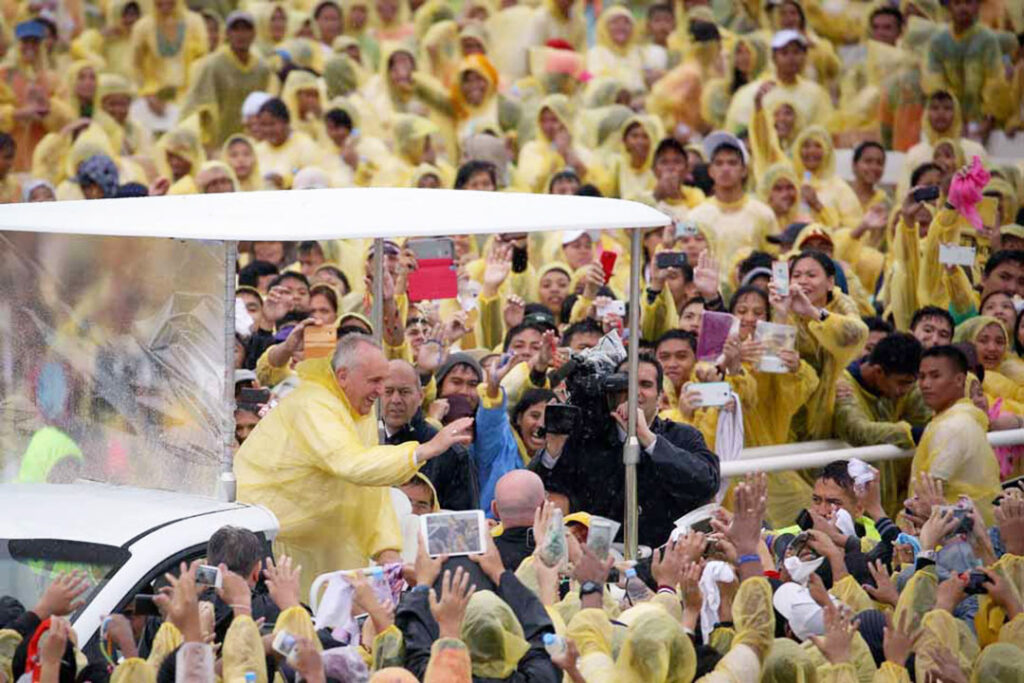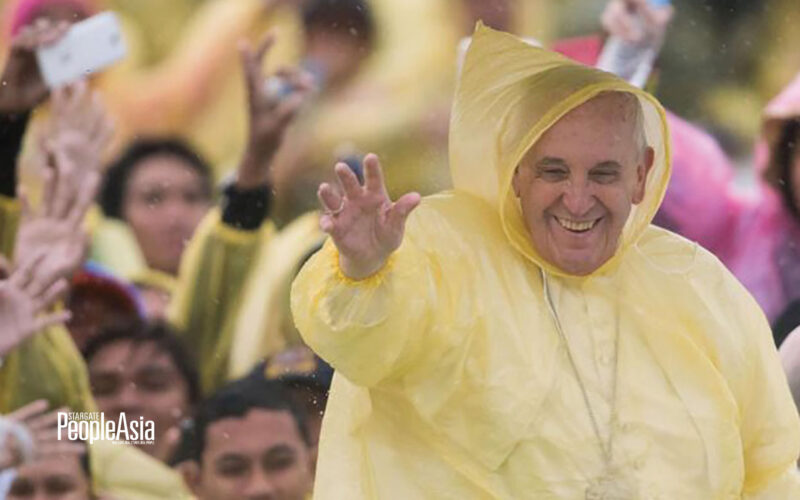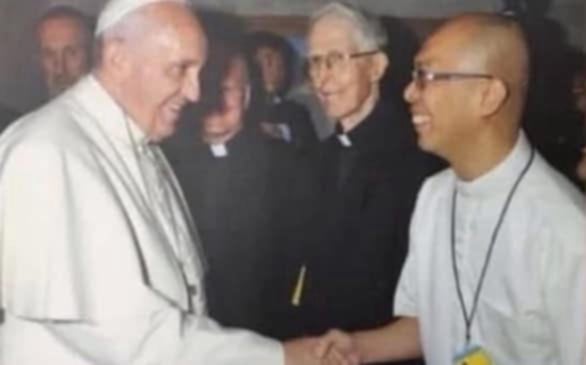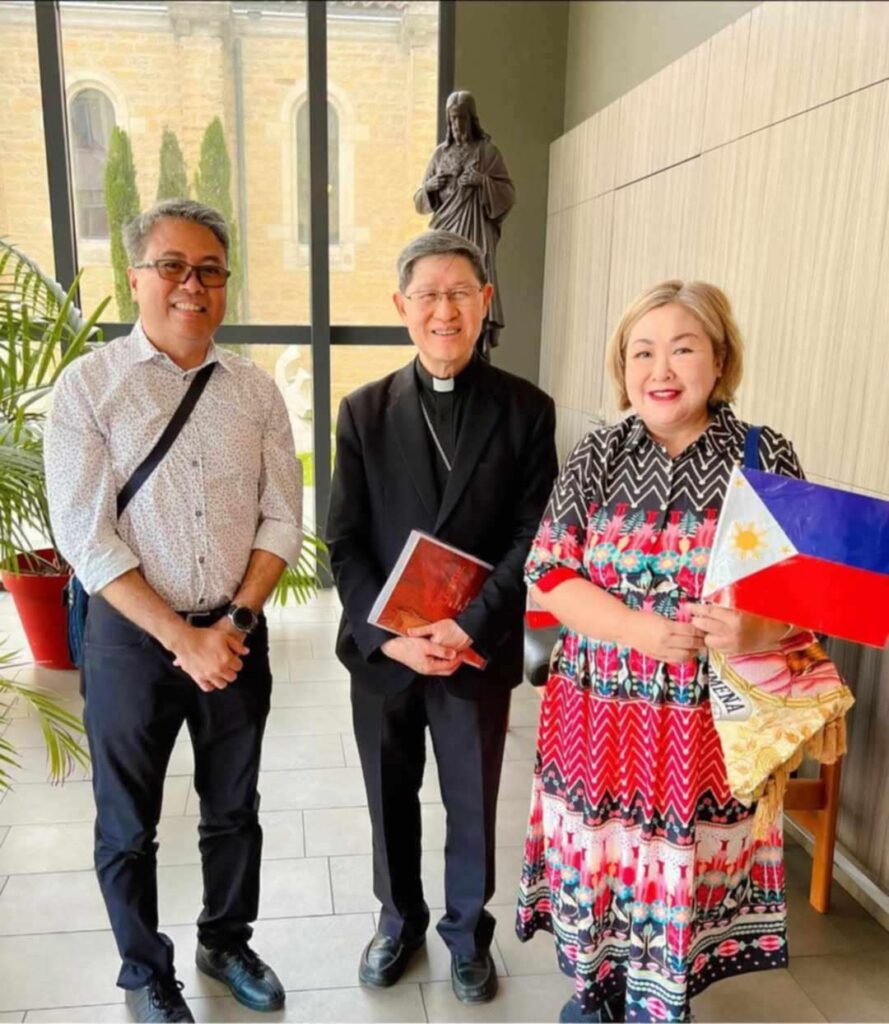With so many global issues begging for his attention, the 266th successor to the throne of St. Peter focused on what heals the soul and what unites people as Christ would have done. As he once said, “A little bit of mercy makes the world less cold and more just.”
By ALEX Y. VERGARA
From the name he chose as pope, which was in honor of St. Francis of Assisi, a beloved saint who renounced all earthly riches to be of service to the poor, to his chosen ministry of attending to the spiritual and temporal needs of the marginalized and working class as then Cardinal Jorge Mario Bergoglio of Buenos Aires, Argentina, the late Pope Francis had always had a soft spot for the homeless and downtrodden — embracing both sinners and non-believers much like what Jesus Christ practiced and preached during his own earthly sojourn more than 2,000 years ago.
From being voted overwhelmingly as pope by his fellow cardinals in 2013, becoming the 266th leader of the 1.4 billion-strong Roman Catholic Church after St. Peter, to his death on Easter Monday, Pope Francis had chosen to remain simple and unaffected, eschewing the trappings that usually come with such a position of power.
His final instructions

Based on a testament released recently by the Vatican, for instance, Pope Francis, as early as June 2022, wrote a spiritual testament on how and where he would like to be buried. More than the pomp and circumstance usually associated with such an age-old practice, his wishes were marked by a desire for simplicity while still respecting tradition.
“I wish my final earthly journey to end precisely in this ancient Marian sanctuary (the Papal Basilica of Saint Mary Major), where I would always stop to pray at the beginning and end of every Apostolic Journey, confidently entrusting my intentions to the Immaculate Mother, and giving thanks to her gentle and maternal care.
“I ask my tomb to be prepared in the burial niche in the side between the Pauline Chapel and the Sforza Chapel of the Basilica, as shown in the attached plan.
“The tomb should be in the ground; simple, without particular ornamentation, bearing only the inscription: Franciscus.”
People’s Pope

To many believers, both lay and religious, Pope Francis will also be remembered as a “pope of mercy and compassion.” Such virtues are what define his papacy, said Fr. Joy Tajonera, founder and spiritual leader of Ugnayan, a center devoted to ministering to the needs of Filipino migrant workers, especially those in distress, in Taiwan.
“Pope Francis said the mission of the Church must be like a field hospital that cleans and heals the wounds.”
Quoting Pope Francis, Fr. Joy added, “‘So many people need their wounds healed. This is the mission of the Church: to heal the wounds of the heart, to open doors, to free people, to say that God is good, God forgives all, God is the Father, God is affectionate, God always waits for us.’”
And he didn’t simply preach it, Fr. Joy said, Pope Francis lived it. And this simplicity was what resonated the most with people, both believers and non-believers.
“He chose to live in Saint Martha rather than the Apostolic Palace, for example. He opted to ride in a small compact car instead of a limousine. He wore simple vestments.”
Arlene Alog-David, a lay faithful from the diocese of Parañaque and a lector/commentator at St. James the Great Parish, echoed Fr. Joy’s observations.
His mercy and compassion were writ large when “he reached out to those on the margins — especially people who have long felt excluded, like those without a clear gender identity — not to change Church teaching, but to open hearts. Holiness remained the goal, but he reminded the world that the journey begins with love, not judgment,” said Arlene, a second-year student taking up graduate studies in Liturgy at San Beda University.
“He brought the Church closer to the poor, the suffering. Taking up the cudgels for the environment, he even emphasized that caring for creation is part of caring for the people. His quiet humility, reformative leadership and pastoral heart made the Church feel more like home again.”
For corporate communications man Chet Espino, a former journalist, Pope Francis’ pontificate will also be best remembered by his message of “Divine Mercy,” which resonated loud and clear across all sectors of society in the 12 years he was pope.
“It is important to note that he never changed or contradicted a single doctrine of the Church as certain believers and critics would like to think — he couldn’t,” Chet said. “He merely put across the message of God’s mercy to a wider audience, even those previously not reached by the Church.”


Pope Francis unexpectedly visits typhoon survivors in their hut in Palo, Leyte/ Photo from the Malacañang Photo Bureau
Then there was Pope Francis’ approach of rolling up his papal sleeves, perhaps sometimes literally, as he personally attended to Church and personal matters, even settling his own bills at a hostel he stayed in within the Vatican days after being hailed as pope. Such a hands-on approach didn’t escape unnoticed by the faithful.
“There are religious people who directly serve communities, and there are those who pray within the four walls of a church or convent. Pope Francis was one of those immersed with the poor. Less on doctrine and more of service,” said Zorayda Buco, a devout Filipino Catholic now based in Washington D.C.
“His humility and sacrifice as shown, for instance, when he braved the rains in Tacloban in 2015 to say Mass and comfort and be one with Filipinos still reeling from the aftermath of Yolanda two years earlier, were inspiring. For his efforts and decisions, he rightly earned the title ‘Pope of the Masses,’” Zorayda continued.
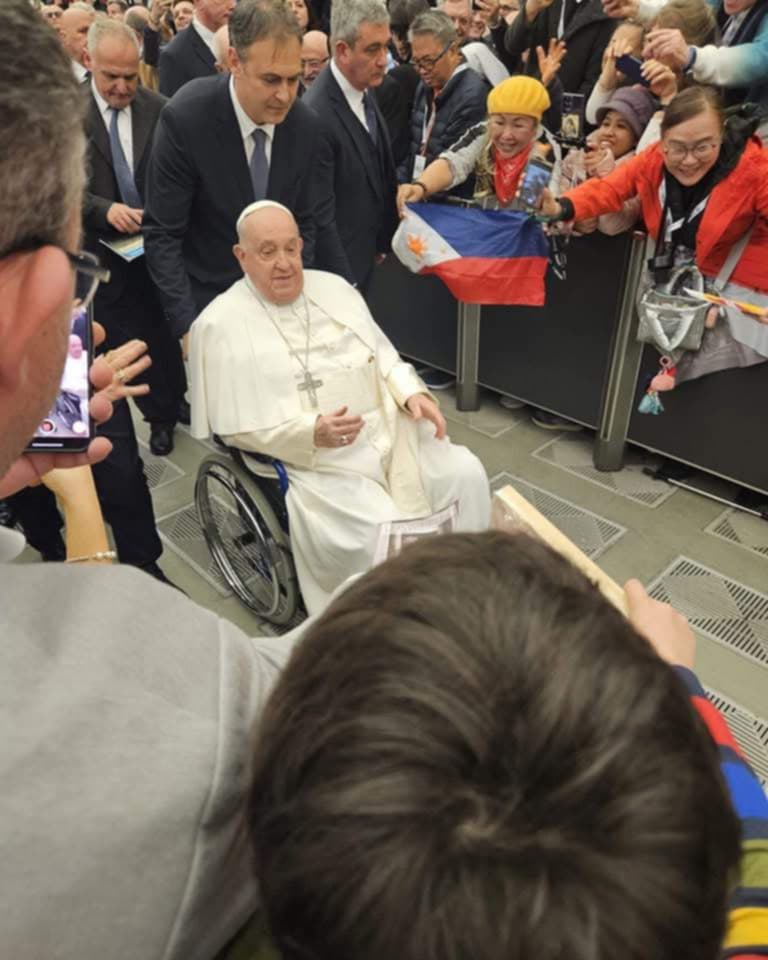
Focusing on people and areas where no pope had ventured as extensively as before, such as migrants and refugees, environmental concerns and ecology, equality of women and role they play in Church, people within physical and social peripheries, was simply a reflection of who he was as a person, Fr. Joy reflected.
“On a personal note, his commitment to welcome and serve migrants and refugees and his call to all of us to welcome strangers and the stranded in our society resonated with me and my work,” Fr. Joy added.
“Love, mercy and inclusion”

Why did he act the way he did throughout his life, whether in the poor neighborhoods of Buenos Aires as Cardinal Bergoglio in the corridors of power within the Vatican as the vicar of Christ?
“Because he knew that love, mercy and inclusion were at the heart of the Gospel,” said Arlene. “With so many global issues, he chose to focus on what heals the soul and what unites people as Christ would have done. As he once said, ‘A little bit of mercy makes the world less cold and more just.’”
In other words, Pope Francis made holiness feel reachable, even achievable.
“In my own brokenness, the pope’s message reminded me that God meets us where we are. One line from Pope Francis that has stayed with me went like this: ‘The Lord never tires of forgiving. It is we who tire of asking.’ That has given me hope to begin again — every single time.”
